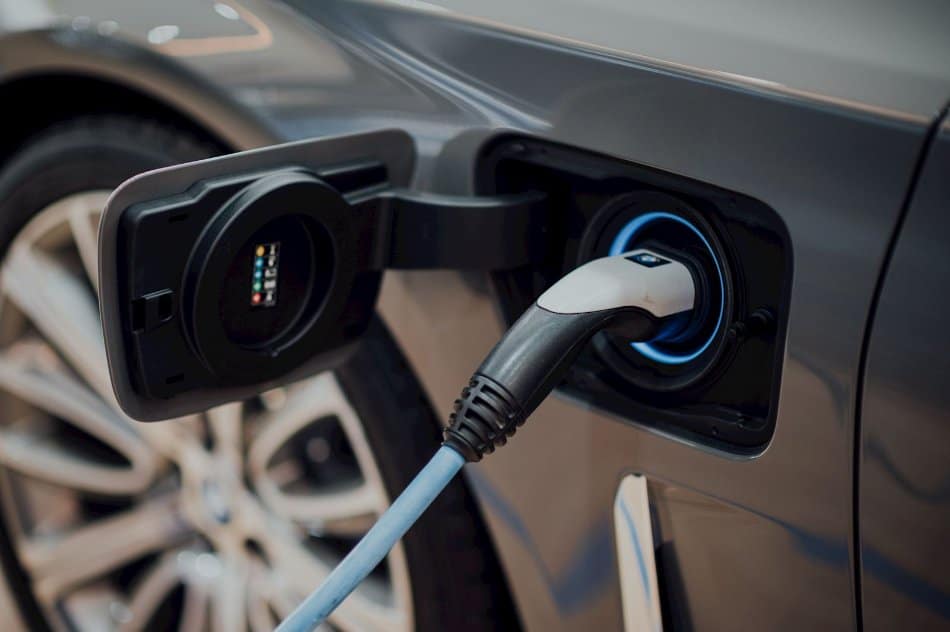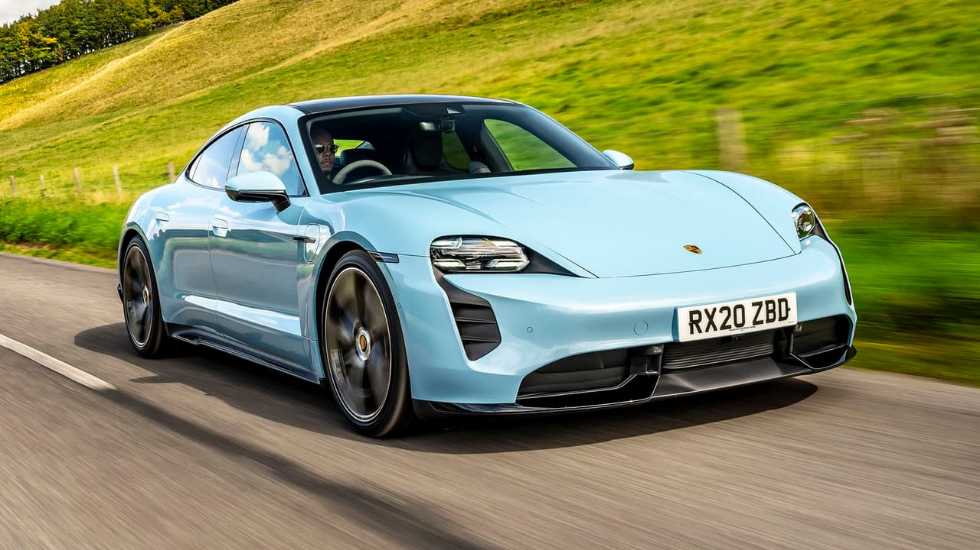Scientists Uncover Unexpected Insights Regarding EV Battery Longevity

A non-functional, irreplaceable battery often spells the end for an otherwise perfectly functioning piece of equipment, causing immense frustration. However, recent research suggests that the scenario may be different when it comes to the batteries powering electric vehicles.
According to The Globe and Mail, a study conducted in March by Recurrent Motors Inc., a Seattle-based battery analysis company, revealed that electric vehicle (EV) batteries are highly dependable and have impressive longevity. In some cases, these batteries may outlast the vehicles they power.
The research utilized data from 15,000 EVs of different brands and models across the United States. Through connectivity systems linked to these vehicles, Recurrent Motors collected daily battery statistics, encompassing details such as charging patterns, battery levels, and estimated driving ranges.
Recent data indicates that most electric vehicles (EVs) that have been driven close to 100,000 miles still retain at least 90 percent of their original battery range. This surprising finding challenges common perceptions about EV battery durability.
Liz Najman, a researcher and marketing manager at Recurrent, the author of the study, expressed her astonishment at the robustness of EV batteries and the infrequency of battery replacements. However, she emphasized that individual vehicle performance can vary, and the data is continually evolving, particularly because a significant portion of EVs on the road in the U.S. are relatively new, with nearly 30 percent sold just last year, and most being less than six years old.
The cost of replacing an EV battery can range from $5,000 to $22,000, making it an expensive proposition, especially for used vehicles no longer under warranty. The study also revealed that, apart from official recalls, only 1.5 percent of EVs had their batteries replaced.
This promising data from Recurrent aims to ease people’s concerns and encourage them to consider switching to EVs, including used ones. This is significant because the transportation sector is a major contributor to heat-trapping greenhouse gases, with passenger cars alone generating around 3.3 billion tons of carbon pollution annually. In contrast, EVs contribute to cleaner air quality as they produce no exhaust emissions.
The more companies like Recurrent can alleviate concerns about battery longevity, the more likely people will be to embrace EVs, which ultimately benefits the environment. Liz Najman summed it up by saying, “I don’t think I’m alone in assuming that modern EV batteries should outlast the cars themselves.”




